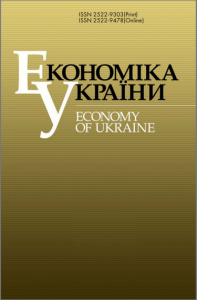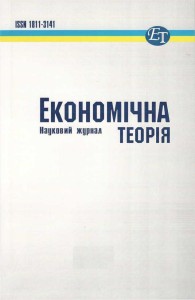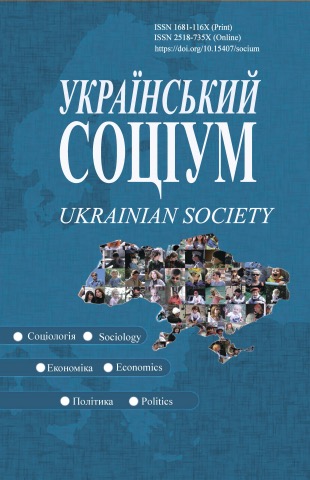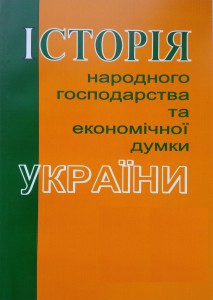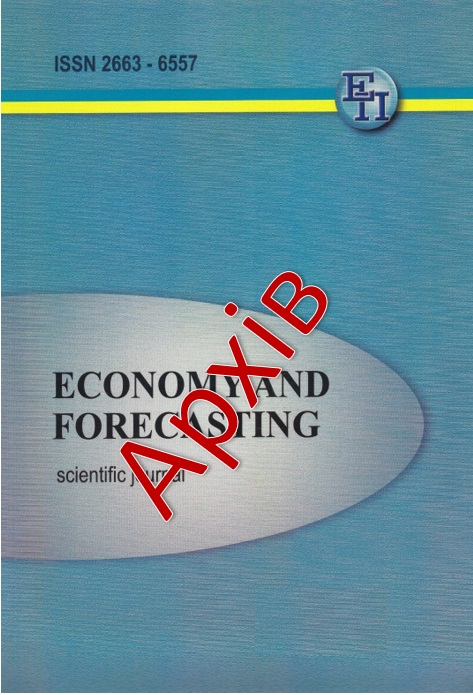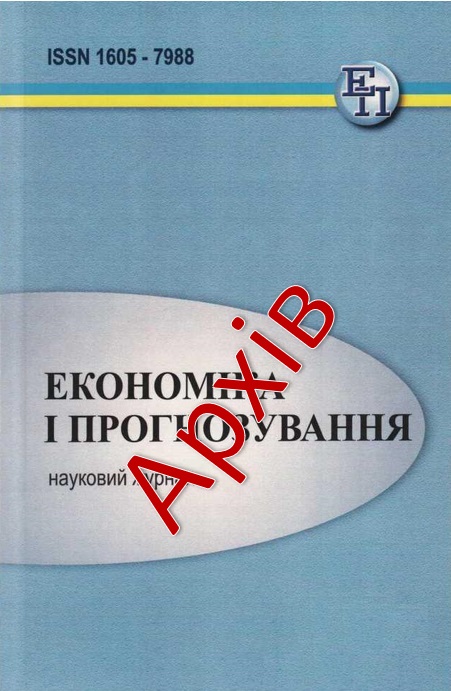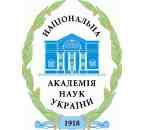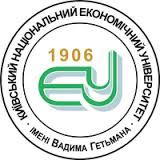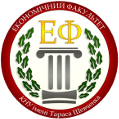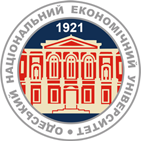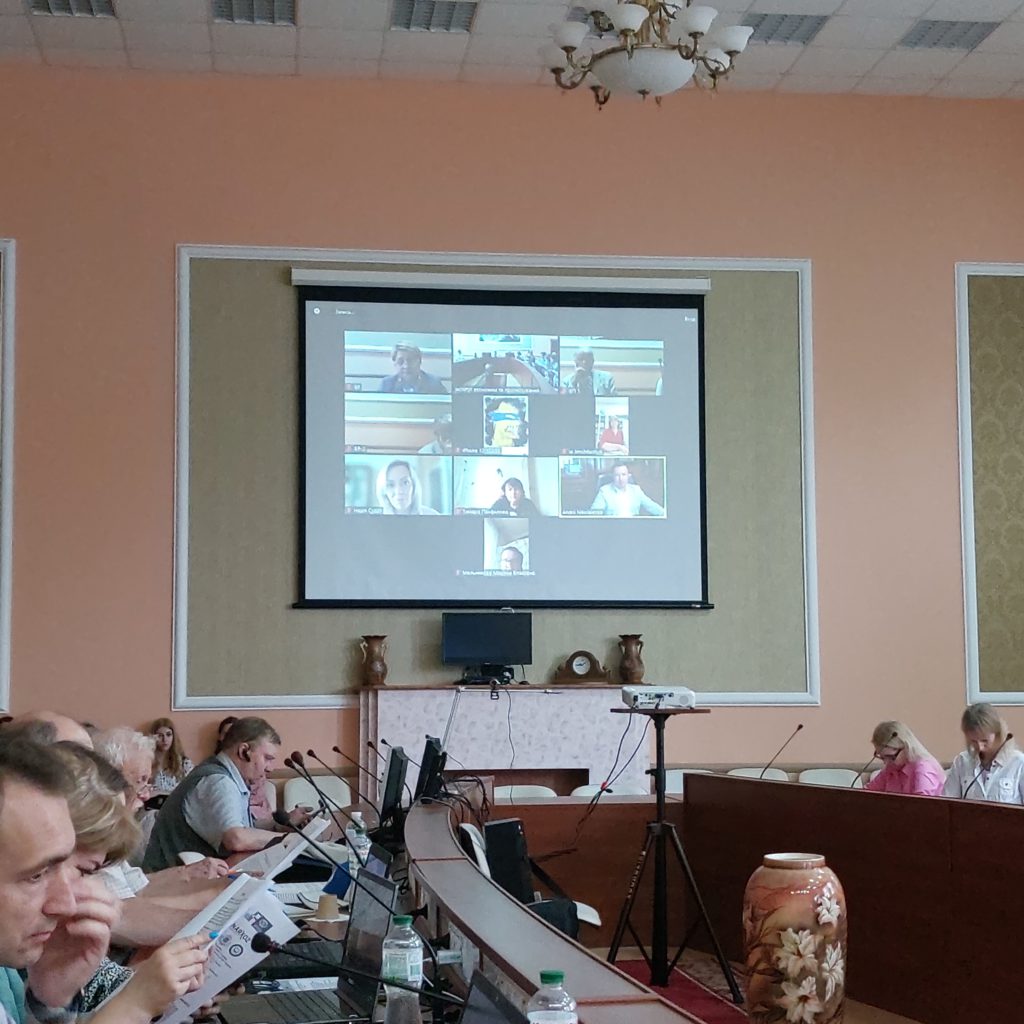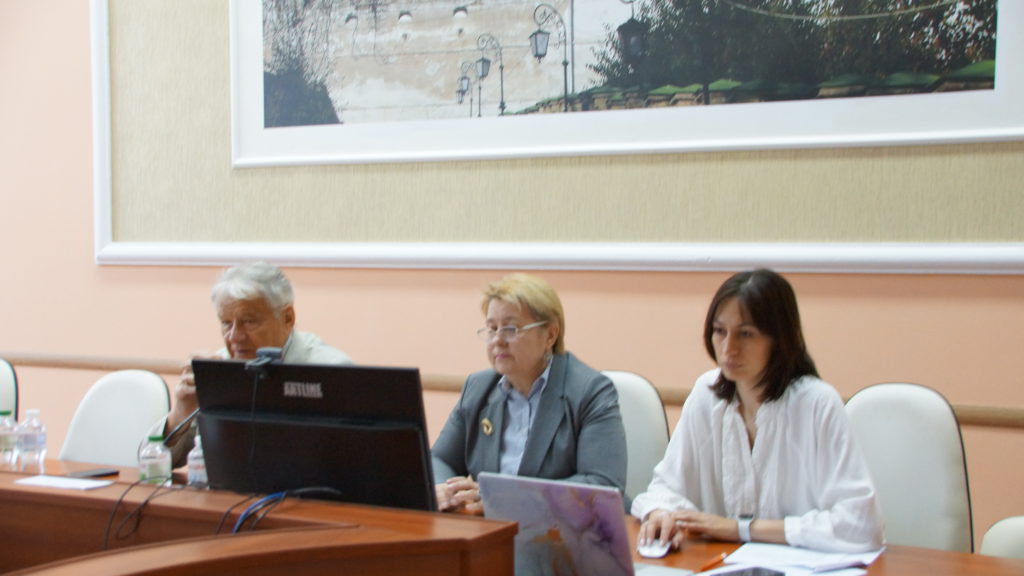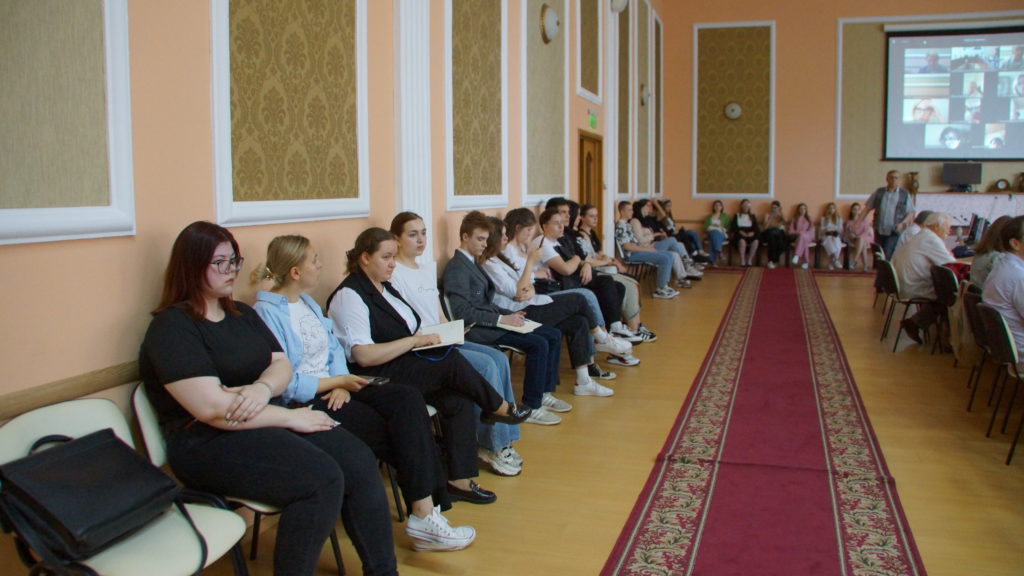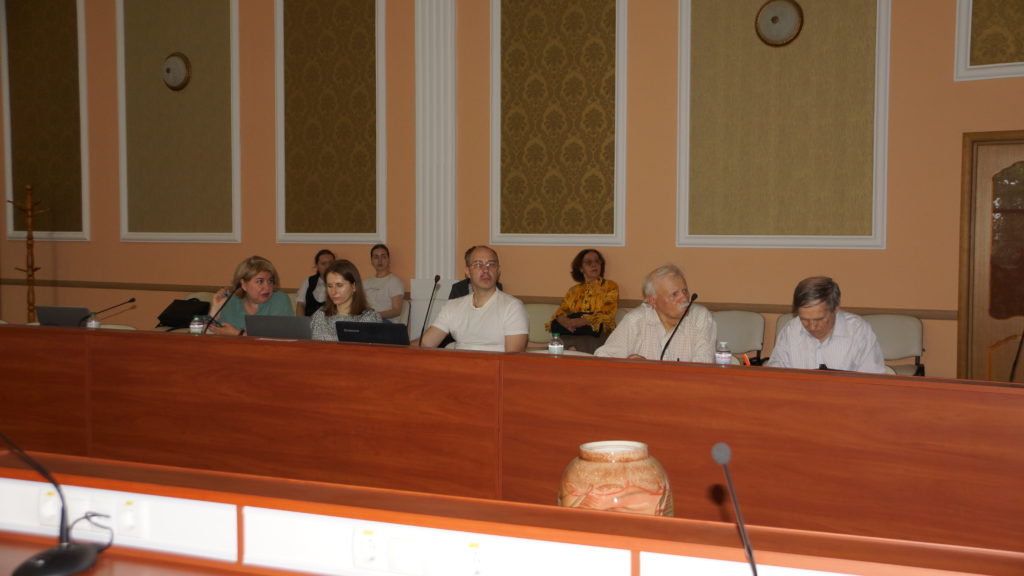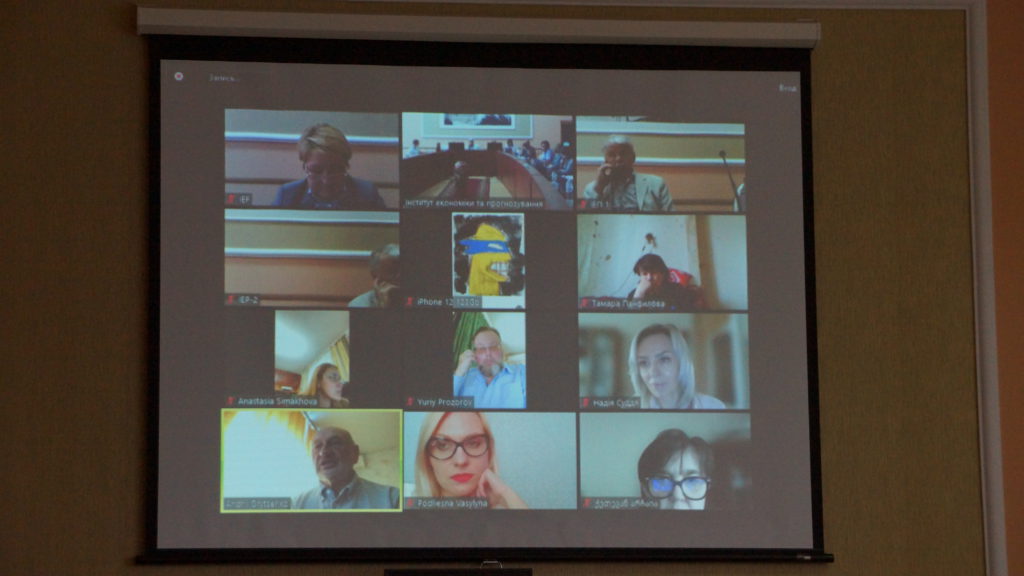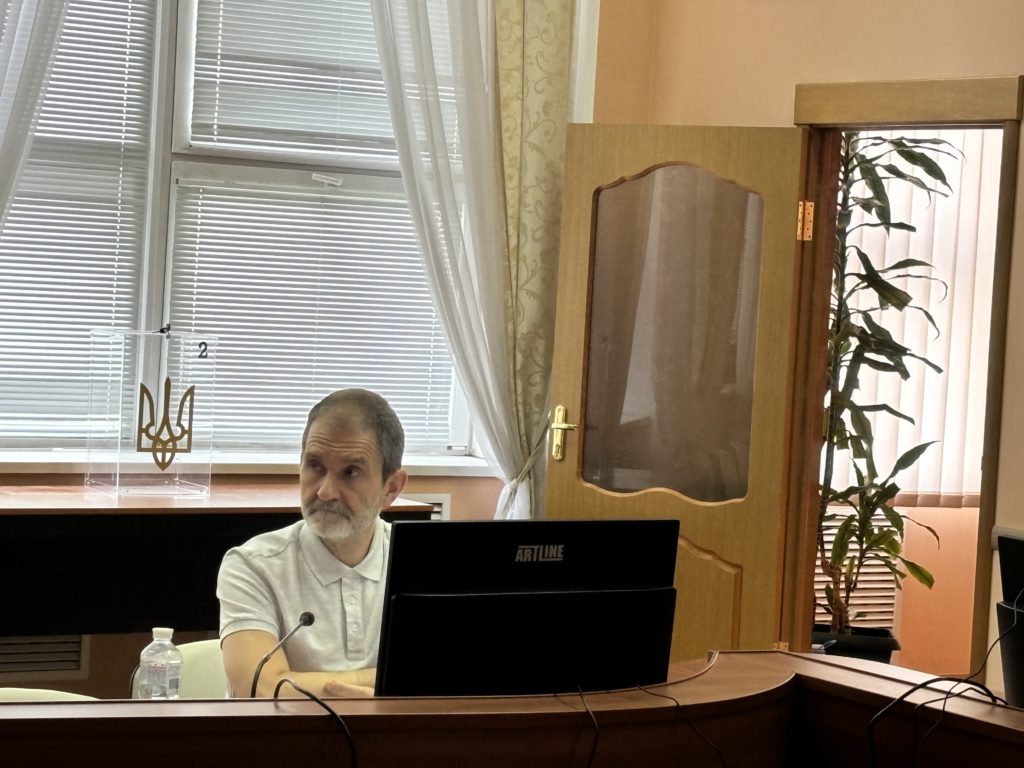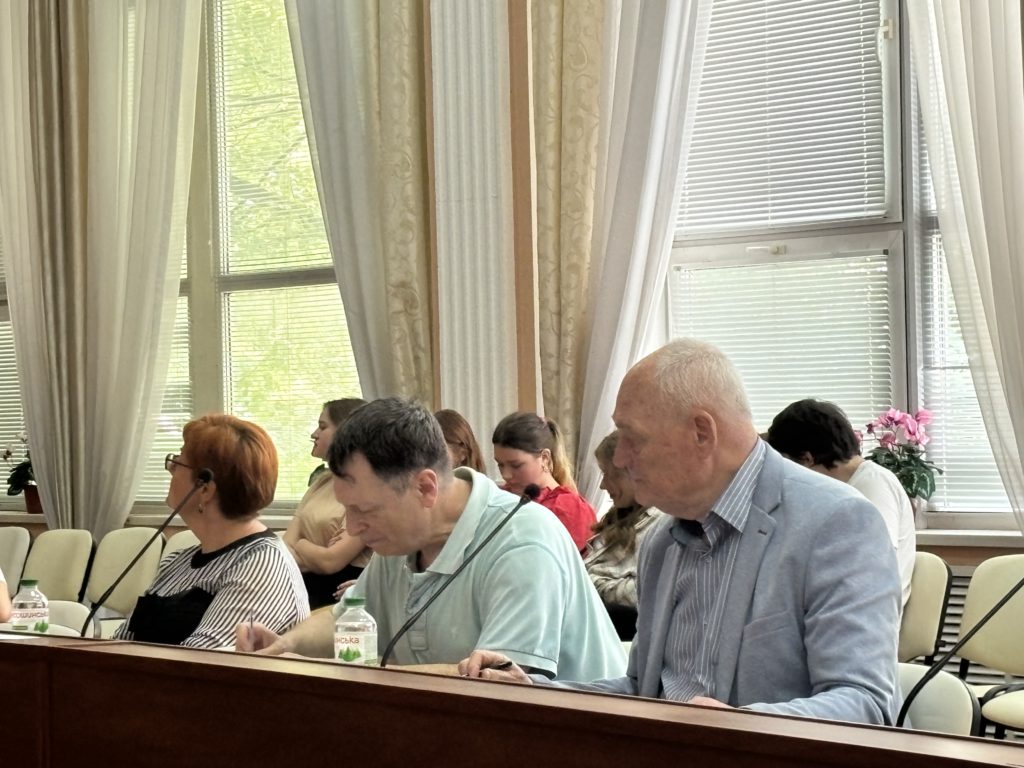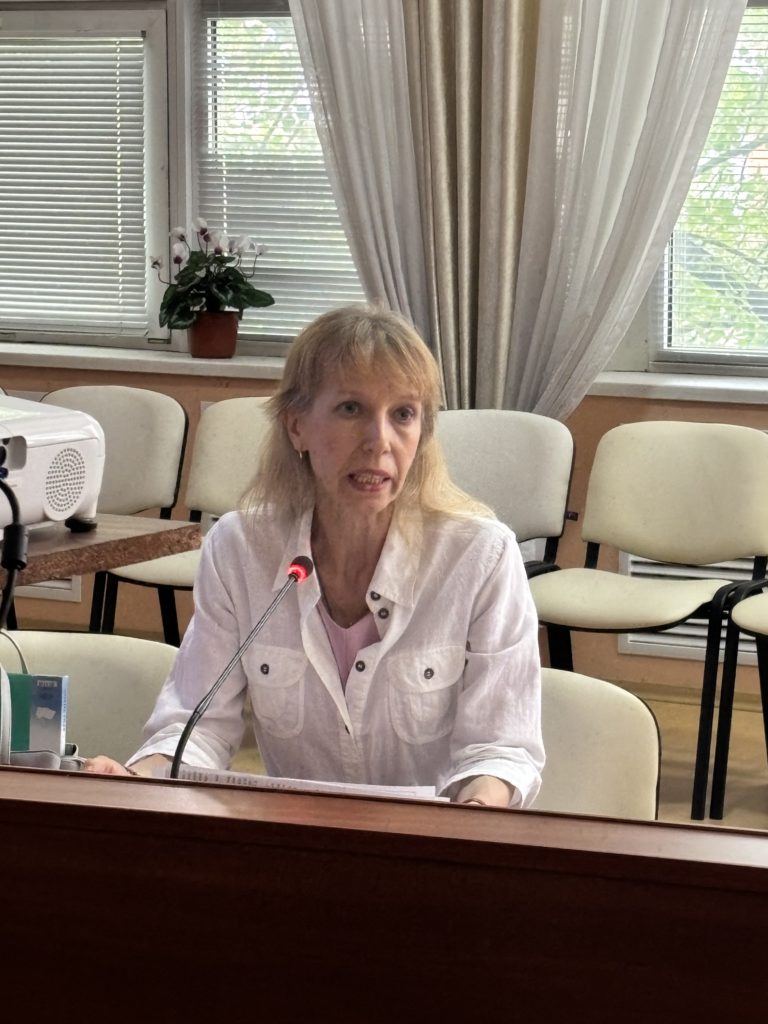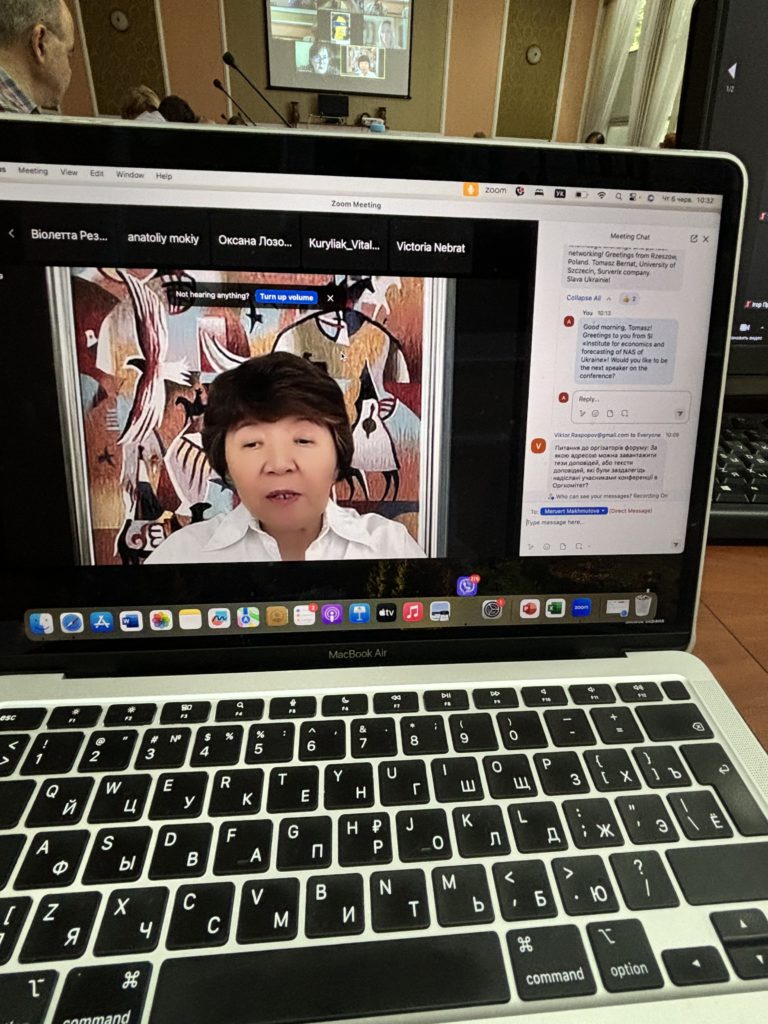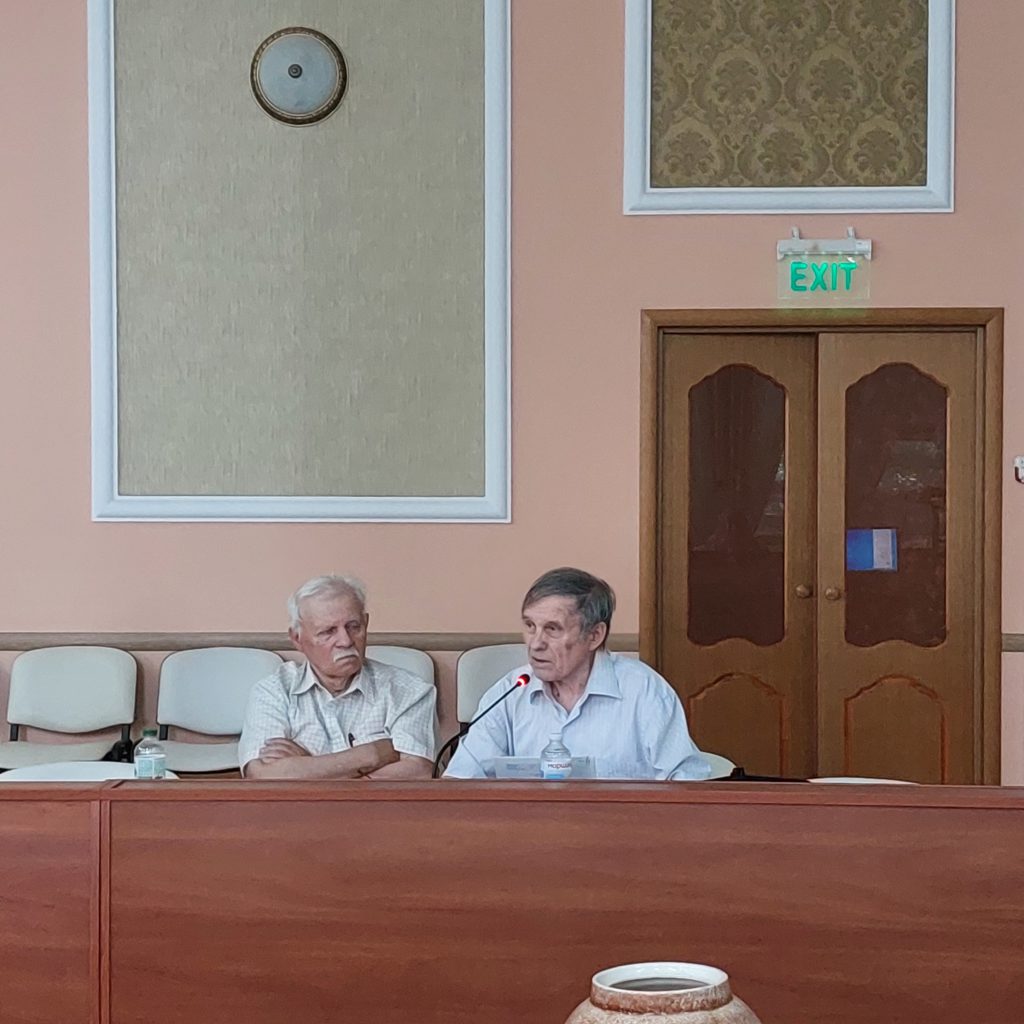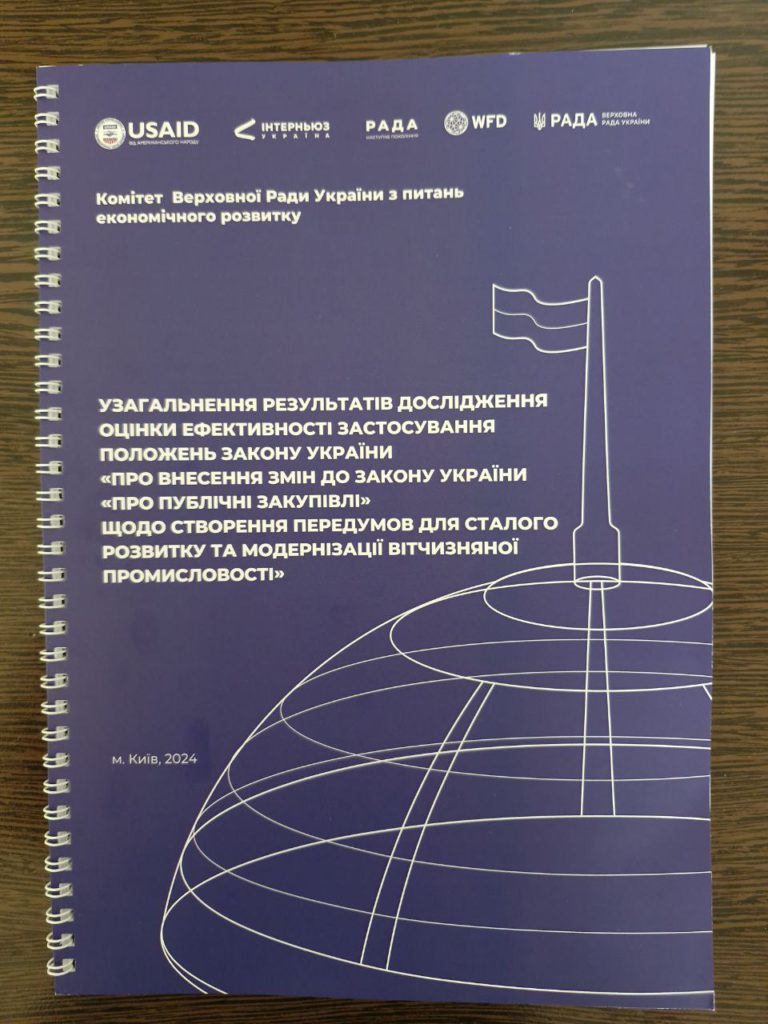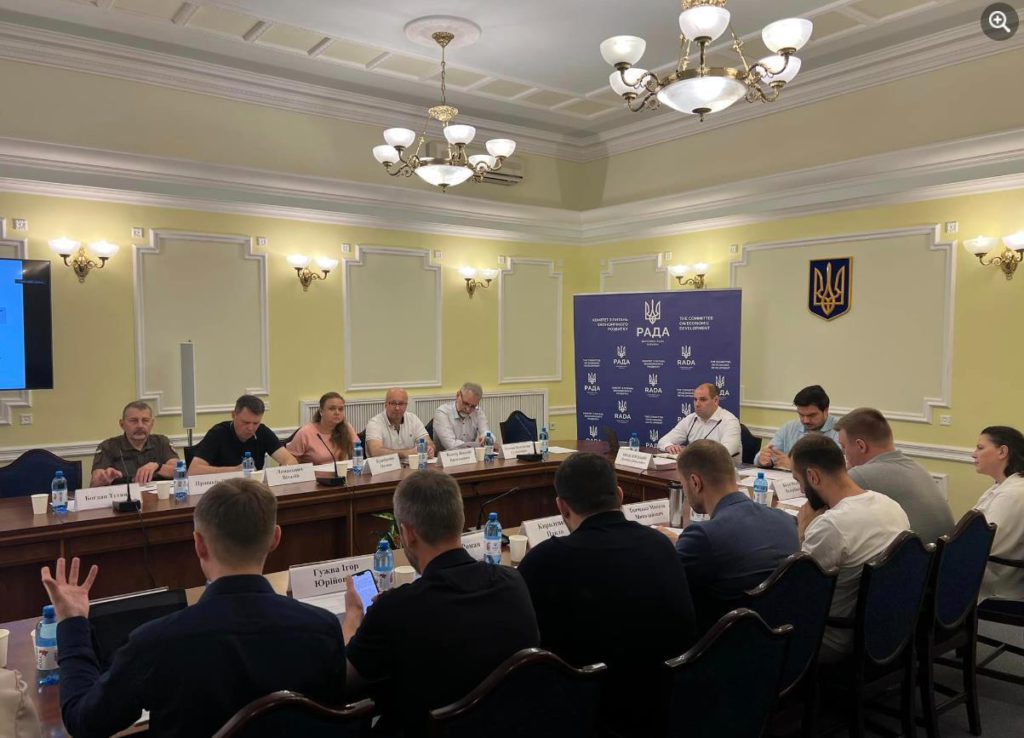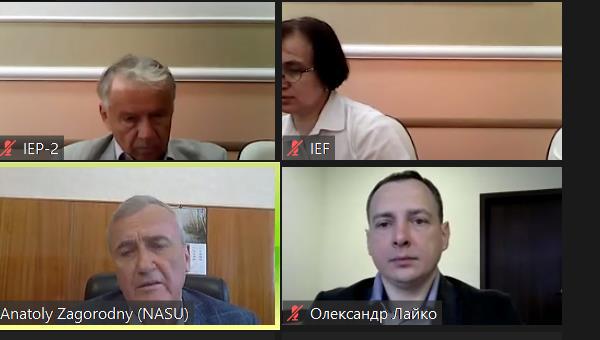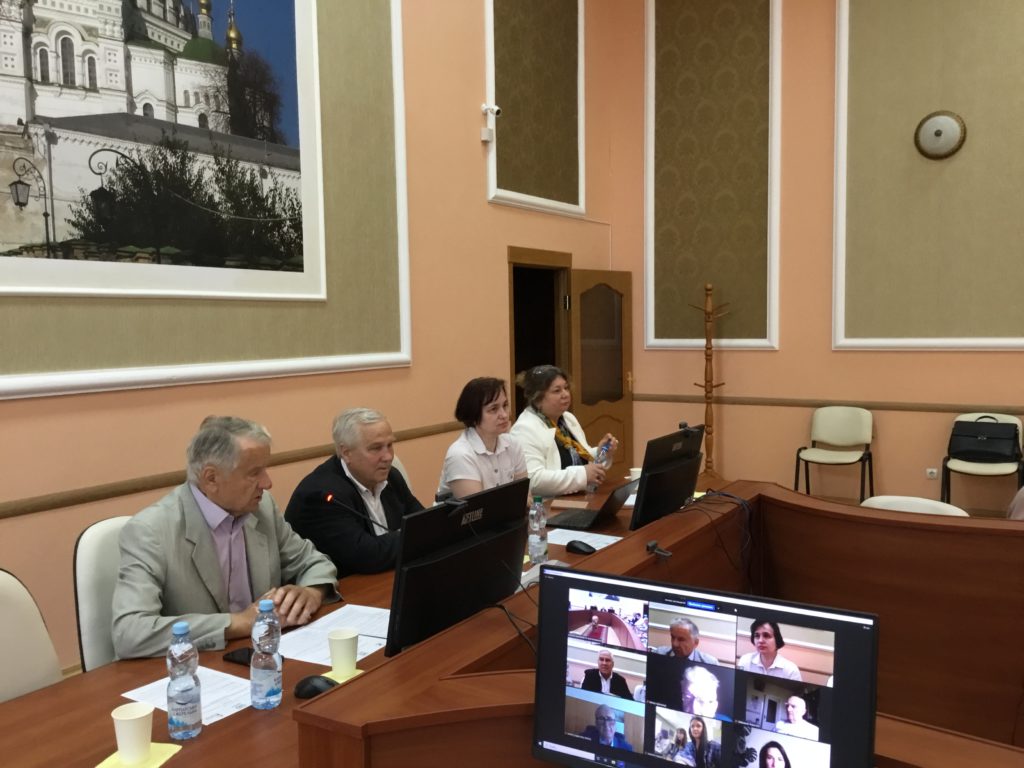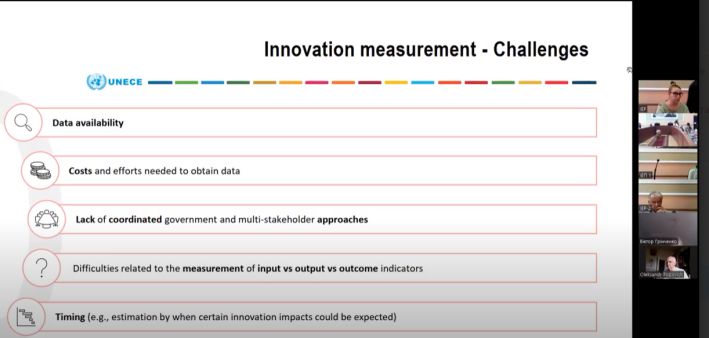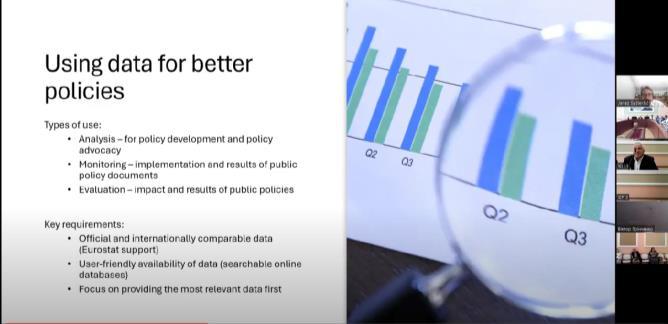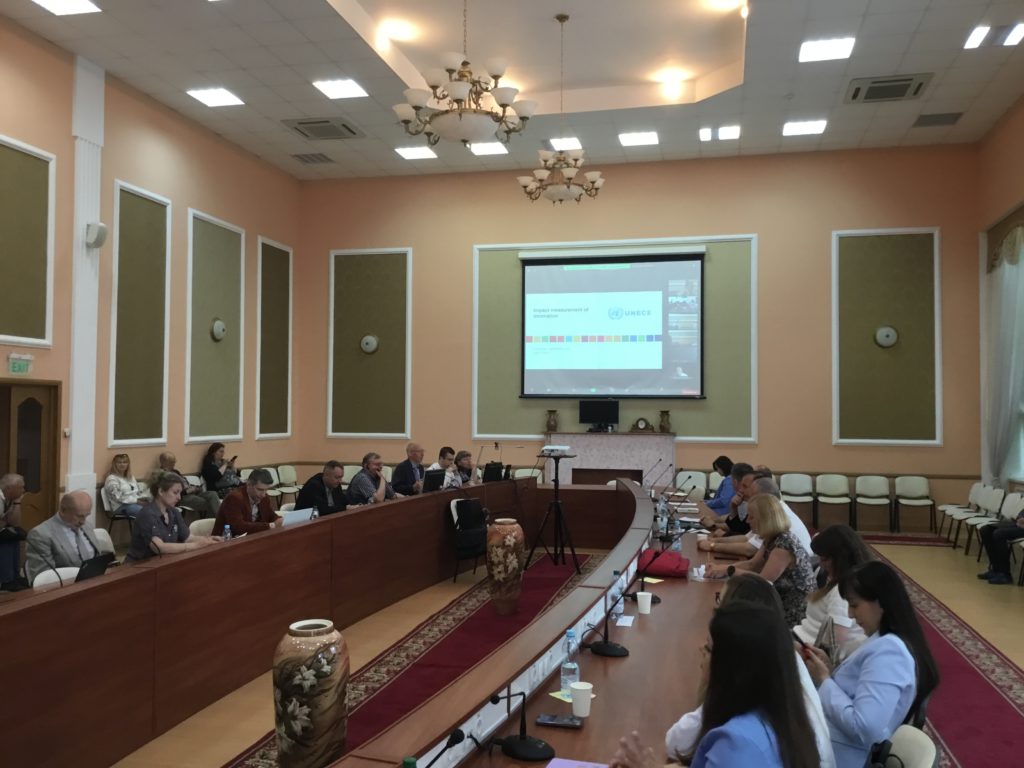
"Economic prospects of entrepreneurship: challenges of wartime and post-war recovery" have been discussed by scientists at the VII International Workshop at the State Tax University (Irpin) on May 31, 2024. This annual scientific forum was held under the auspices of the Ministry of Education and Science of Ukraine and the Ministry of Finance of Ukraine. The event was co-organized by the Institute for Economics and Forecasting of the National Academy of Sciences of Ukraine. The workshop was attended by foreign partners - the Baltic International Academy (Latvia), Leibniz Institute of Agrarian Development in Central and Eastern Europe (Germany), and Zeliona Gura University (Poland).
The scientific issues discussed at the workshop included:
1. The international landscape and the key imperatives of the functioning of entrepreneurship in the world in the conditions of aggravation of global contradictions and threats.
2. Development of entrepreneurship in Ukraine during the war: domestic potential, conditions, state policy.
3. Post-war decompression of entrepreneurial initiative: drivers and limitations.
4. Advanced financial mechanisms for ensuring business efficiency.
5. Trends and tasks of the development of accounting, auditing and taxation of business entities.
6. Digital and environmental innovations: business and public opportunities.
7. Ukraine is a space of opportunities for business development: the view of young people.
In the course of the workshop, the key issues of discussion included ensuring the stability of the Ukrainian economy and individual companies, modern trends and threats to business development in war conditions, promising directions for the transformation of entrepreneurship and necessary state policy measures to strengthen and support the entrepreneurial sector.
Among the leading speakers of the plenary session were scientists from SO "Institute for Economics and Forecasting of the National Academy of Sciences of Ukraine" and the SO " M. I. Dolishnyi Institute of Regional Studies of the National Academy of Sciences of Ukraine".
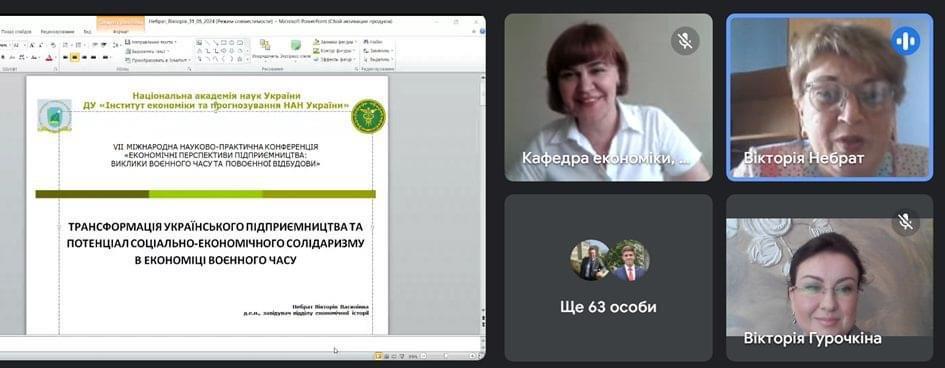
In particular, the report "Transformation of Ukrainian entrepreneurship and the potential for socio-economic solidarity in the wartime economy" was presented by Dr. Econ. Viktoriia Nebrat - Head of the Department of Economic History [presentation]. Various features and new trends of entrepreneurship in the conditions of full-scale war were presented, namely: absolute and relative increase in the informal economy, development of social entrepreneurship, transformation of corporate social responsibility strategies, growing role of farm and family production, spread of craft production, deeper processing of local agricultural raw materials and longer creation of added value, development of various forms of sharing economy (coworking, ridesharing, crowdfunding, fundraising platforms, etc.). sting of the National Academy of Sciences of Ukraine.
V. Nebrat revealed historical traditions, foreign experience and actual determinants of the development of economic forms of social solidarity in the conditions of war and post-war recovery. In the discussion on her presentation, the participants emphasized the importance of implementing the presented provisions into the educational process.
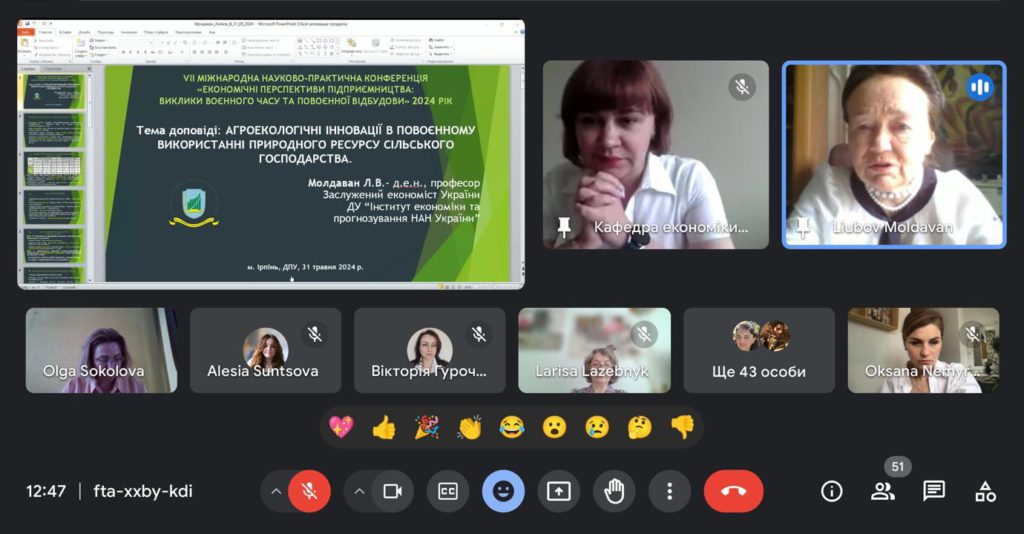
Chief Researcher of the Department of Forms and Methods of Management in the Agro-Food Complex at SO "Institute for Economics and Forecasting of the National Academy of Sciences of Ukraine", Dr. Econ., Professor, Honored Economist of Ukraine Lyubov Moldavan made a presentation on "Agro-ecological innovations in the post-war use of natural resources in agriculture". The expert characterized the main challenges facing Ukraine’s agricultural sector and substantiated the need for agro-ecological farming as such that ensures the balance between economic, social and ecological components of agricultural development.
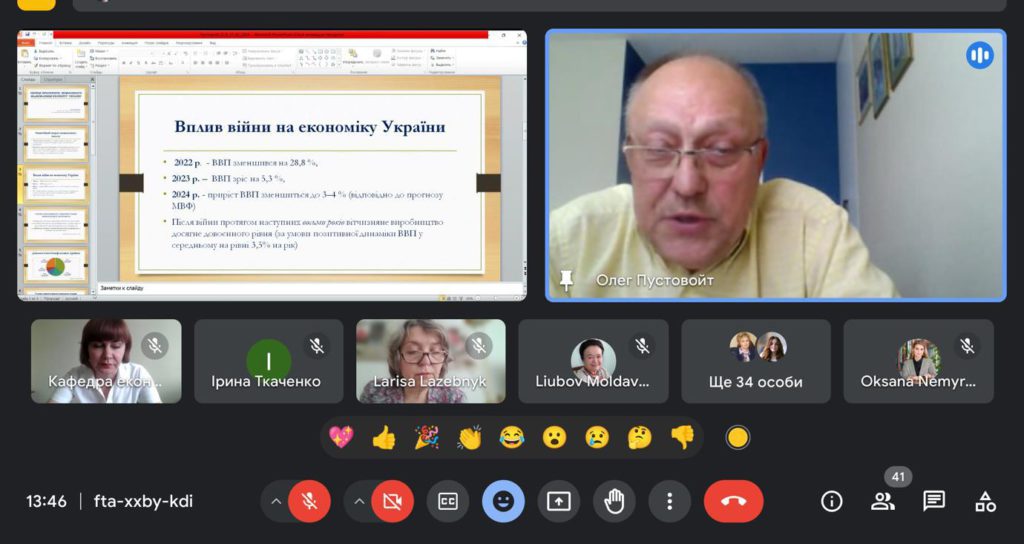
Chief Researcher of the Sub-Department of Sectoral markets, Department of Sectoral Forecasts and Market Conjuncture Dr. Econ. Oleh Pustovoyt brought to the discussion a few problems related to the necessity and possibilities of shortening the terms of the post-war recovery of Ukraine’s economy, finding ways to combine the efforts of the state, science and business for the structural modernization of production, and its export potential, the introduction of a new model of economic development capable to promote Ukraine’s integration in the EU. The scientist presented the results of his own research on "Individual priorities for the post-war recovery of Ukraine's exports".
The workshop organized by joint efforts of scientists, educators and practitioners serves as a prerequisite for raising the scientific level of professional education, contributes to the strengthening of the positions and realization of the socio-humanitarian mission of the National Academy of Sciences of Ukraine, and most importantly – creates a theoretical basis for solving the urgent tasks of economic stability and consolidation of Ukrainian society.


 English
English Ukrainian
Ukrainian 